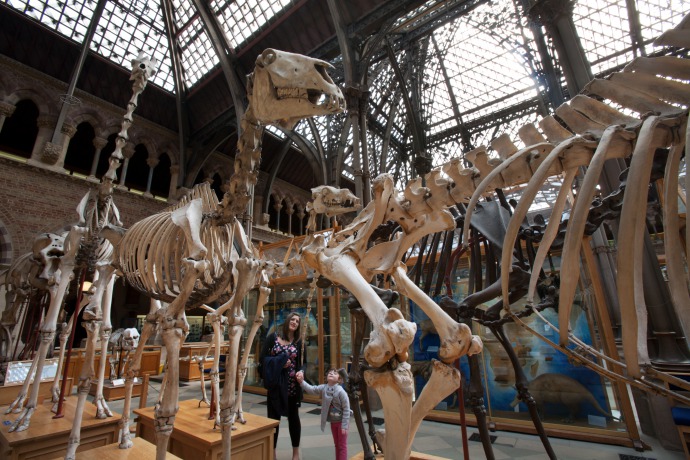Blog
All of our Blog Posts
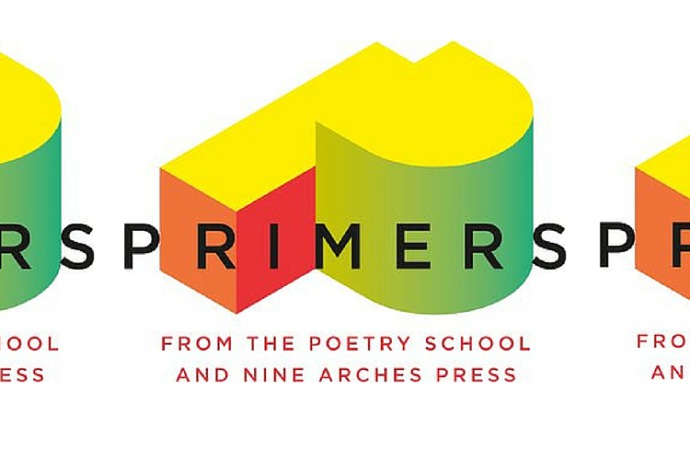
Primers Volume II Announcement
A bright yellow poetry book is doing the rounds, perhaps you’ve caught a flash. It’s Primers Volume 1, the fruit of a collaboration between the Poetry School and Nine Arches Press designed to identify, mentor and publish talented poets. Geraldine Clarkson, Maureen Cullen, Katie Griffiths and Lucy Ingram are the Primers Vol 1 writers, their…
Read More
‘Fragrance of roses’
They left the heat of Uganda deep into the night on Alitalia flight 204. Their parents waved, silent on the tarmac. The smell of kerosene gave way to the fragrance of roses on Raihana’s handkerchief. She and Fahima already had a grip on Britain, what with Jane Eyre, The Avengers, Robin Hood. Greeted by thrashing…
Read More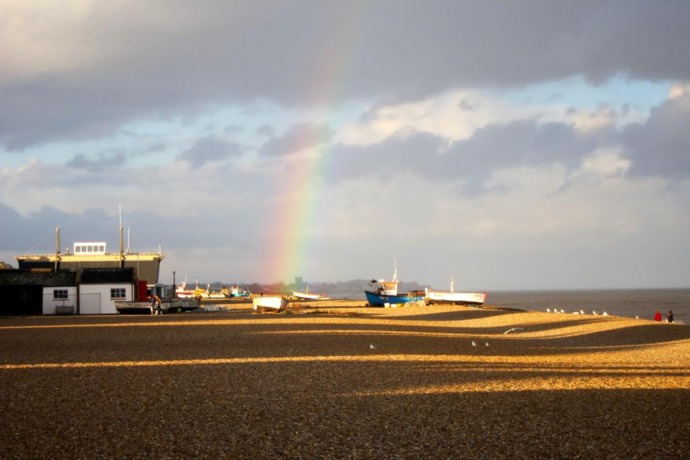
Poetry School / Poetry in Aldeburgh Paid Residency Opportunity!
Get your buckets and spades, bikinis and biros ready – here’s news of a paid poetry residency by the beach! The Poetry School and Poetry in Aldeburgh have a joint offer to make: an opportunity for a festival-focused poet in residence. While the Aldeburgh Poetry Festival organised by The Poetry Trust has a breather and…
Read More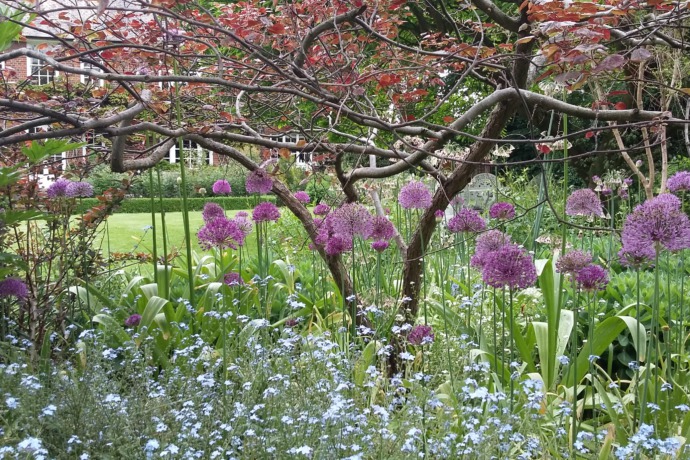
Mixed Borders: The London Open Garden Square Weekend
The tomatoes are plumping and the lawns greening ready for this year’s London Open Garden Square Weekend. For the second year running, the Poetry School and the London Parks and Gardens Trust have planted trainee poets-in-residence amongst London allotments, churchyards and communal spaces for a weekend dedicated to opening up London’s secret gardens to curious…
Read More
The Bloodjet: An Interview with Katrina Naomi
An Interview with Katrina Naomi
“I think the main thing for me is if you’re going to write about violence, do it well. Let us smell it, taste it.”
Read More
‘In The Museum of Antiquated Offices: Exhibit C, fax machine’
I jerk awake some nights, jabber in tongues of space-age dolphins, a blip blip red-eye scanning lost horizons for a connecting signal. A curl of white paper blooms – like winter roses under glass – briefly warm to touch as grey smoke ghosts of secretaries pass. I crave the tap of polished fingernails the gossip…
Read More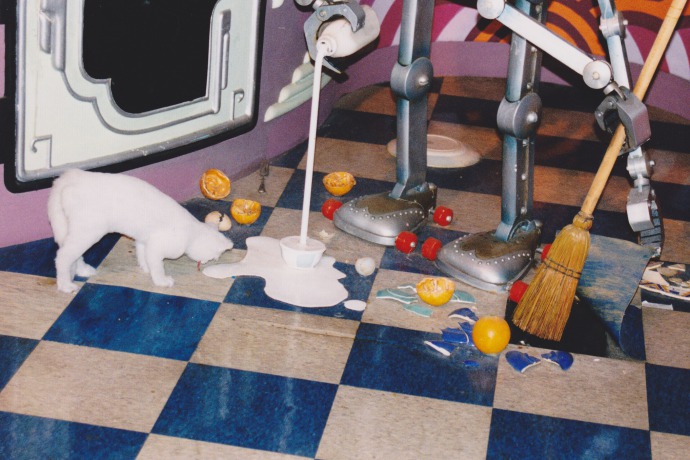
‘The Court Verbatim Shorthand Reporter’
I have wielded my pencil like a sword at 140 words per minute to record the minor mis-doings of the inhabitants of Staines, frantically squiggled dots, dashes, chays, jays, hays and yays ─ in days before a ‘hay’ or a ‘yay’ was a common greeting and Pitman 2000 sounded so futuristic at around a double-decade…
Read More
‘The First Day of Galungan’
Rain, rain, endless tropical rain, day after day. Boredom blooms heavy-lidded with flaming stamens that drive me out out of the villa, in spite of the rain, in search of diversion, out down the long, winding Balinese lane that runs past Pura Petitenget to restaurants and shops. I have the world to myself, but there…
Read More
‘Stones’
Before he came, I lusted for those stones – my flesh should bruise and split, my bones should break to speak the pain of loss and shame, the words we couldn’t speak. He cast in dust the words, “I’m yours”; the heavy breathing crowd clutched stones as heavy as their virtue, hard as heartbreak. The…
Read More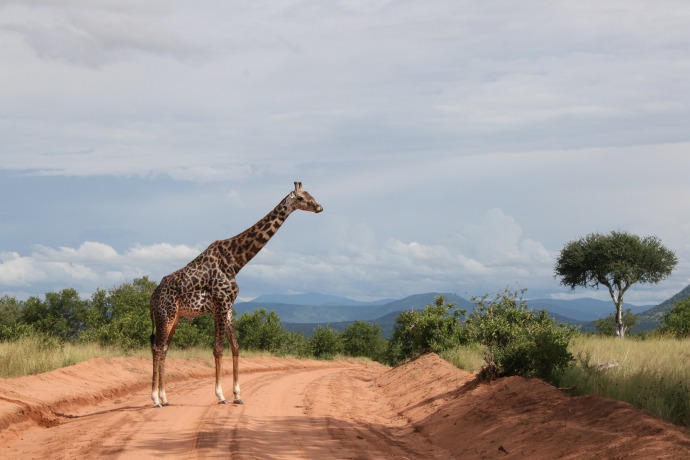
‘Dear Cape Town,’
I would like to give you a giraffe like the one in the central park of Cuidad Juárez. In that northern Mexican town they treat their giraffe like a tourist. I’d watch our giraffe amble along Buitengracht, meander through Bo Kaap and District Six. Volunteers would gently shoo her into the Groote Schuur Estate where she would…
Read More
Welcome to our shiny new website
A quick word from our Digital Programme Producer… So why has this all happened? Well, our existing website was coming up to its sixth birthday, which is practically ancient in digital dog years, and as good a reason as any to give the site a fresh look. More importantly, both CAMPUS and everything else the…
Read More
Poetry School Summer Term Launch Reading
We’re launching all the new Summer courses and workshops, and celebrating the work of our students and tutors at our Summer Term Launch Reading, this Friday 22nd April. At this free event at the Tea House Theatre, Vauxhall, we’ll have two Summer Term tutors reading: Catherine Smith and R.A. Villanueva, plus we’ll hear the work of…
Read More
Announcing our Digital Open Day 2016
Impressive announcement klaxon! Yes, that’s right – don your party capes and matching booties as we’re having another Digital Open Day this 5 May 2016. In the next couple of weeks we will be throwing off our winter clothes and unveiling our new look web platform, bringing together our two existing sites – thepoetryschool.com and…
Read More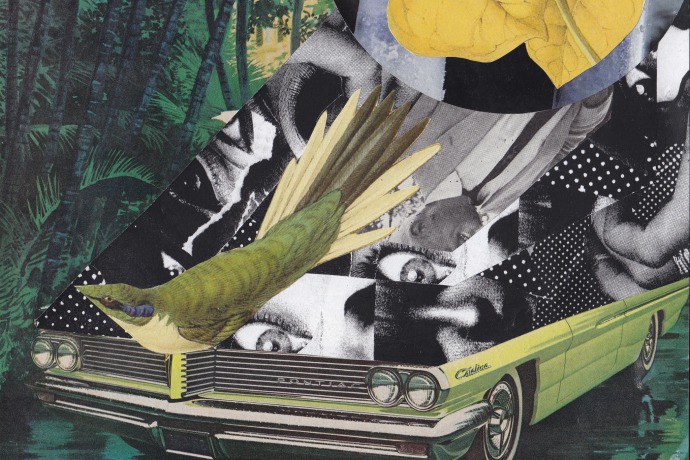
How to Collaborate with Yourself
One of my favourite comics is Robot Hugs’ Identity Shift. It’s addressed to folk exploring gender and sexuality, reassuring them about the anxieties that come when identity shifts and changes over time, but it makes a broader and stranger point: that all of us present ourselves as different people in different places. The face we…
Read More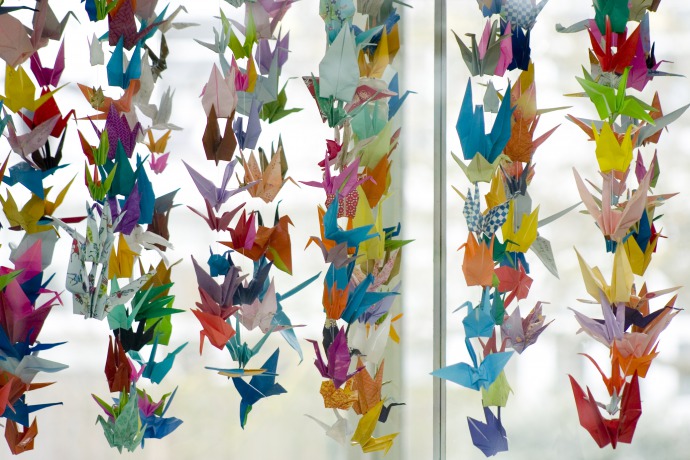
Making Birds: an Interview with R.A. Villanueva
An Interview with R.A. Villanueva
R.A. Villanueva is an award-winning Filipino-American poet and founding editor of Tongue: A Journal of Writing & Art. His first collection, Reliquaria, won the Prairie Schooner Book Prize, and new writing appears in Poetry, Prac Crit and widely elsewhere. Now living in the UK, Ron’ll be teaching the Summer Term course Making Birds: New Poetic…
Read More
Open Workshop: ‘Storms in Teacups’
Entropy is the inclination of all matter to tend towards disorder. The fact that we are able to lead lives with any semblance of structure or routine is a miracle. Yet even within the most controlled and well-practiced everyday acts, there is a propensity towards chaos, a possibility of total loss of control. In this…
Read More
Our Summer School Programme 2016
Summer’s here and the time is right for getting a burst of varied and exciting poetic inspiration. Once again, this Summer we’ll be running a week of workshops during the day to get you warmed up and inspired for some patio, beach or park-based reading and writing. We’ve asked some of our favourite poets to…
Read More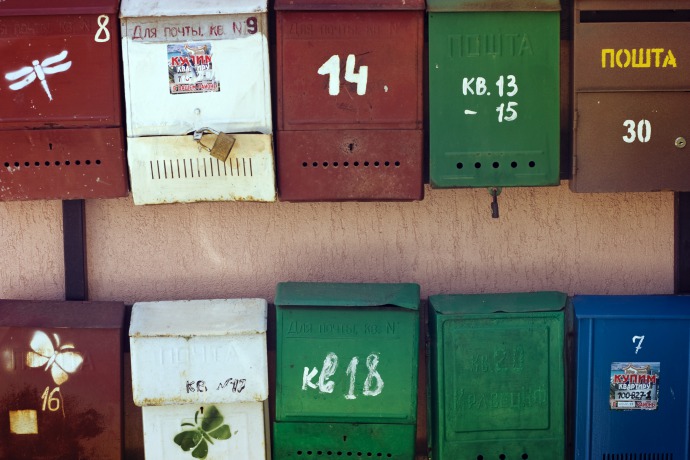
Open Workshop: ‘Reduce/Reuse/Recycle’
According to T.S. Eliot, mature poets steal where immature poets borrow. Stealing, here, doesn’t mean copying: rather, it means turning what you take from another writer ‘into something better, or at least something different’. It’s an appealing idea, but does it work? In this Open Workshop with Adam Crothers, we will think about how to…
Read More
‘The Have the Want and the Next’
This week I’ve talked about how, by and large, we in the UK are free to express ourselves as we wish, within certain broad boundaries defined by hate speech legislation, defamation law and so on. Wonderful though this may be for many of us, some UK citizens are actually denied this right. They are people…
Read More
Tales from the frontline: a conversation with Shey Hargreaves
An Interview with Shey Hargreaves
Halfway through her four-week digital poetry residency with 1215today, we talked to writer Shey Hargreaves about her work, why even bad jobs are about more than just paying the bills, and her frontline experience of recent cuts to healthcare in this country. Note: this interview was originally published on the 1215today website. Hi Shey, can…
Read More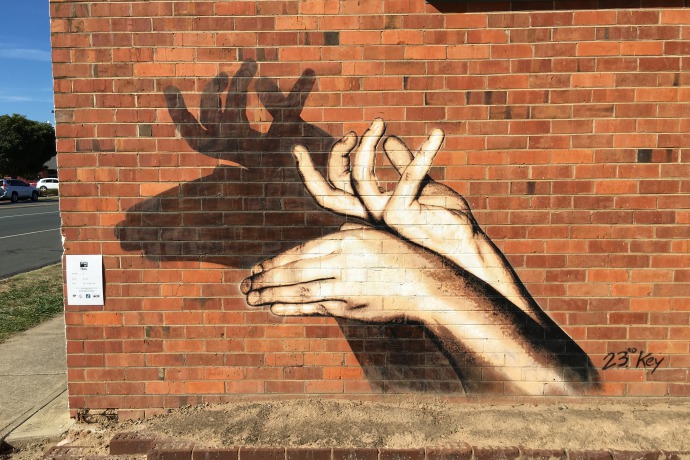
‘A Hymn to the Ordinary’
Zsa Zsa Gabor’s very fond of a door especially in oak or a light sycamore – her sister-in-law loves a long corridor and a friend of her father has a thing for his floor – it was Dior before but it’s not anymore – we should try to be more like Zsa Zsa Gabor. Don’t…
Read More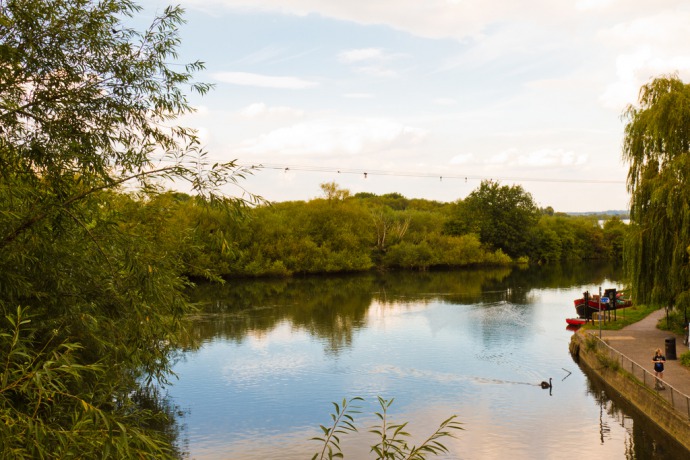
Pub Chats: Two Rivers Press
An Interview with Two Rivers Press
In the latest of our series of feature-length interviews with independent publishers, set in our imaginary poetry theatre pub somewhere in Lambeth, we spoke to Peter Robinson of Two Rivers Press…
Read More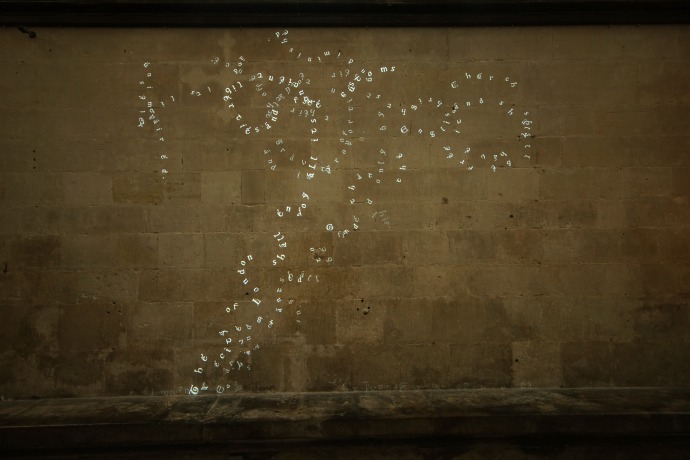
Poetry, freedom, censorship: 1215.today round-up
Hello. My name is Shey Hargreaves. I’m a writer and storyteller from East Anglia in the UK and for four weeks I’ll be blogging as Digital Poet in Residence for the Poetry School and 1215.today. (It’s the residency that’s digital, not me. I’m real. Really.) 1215.today is a ‘virtual house of culture’ built to host…
Read More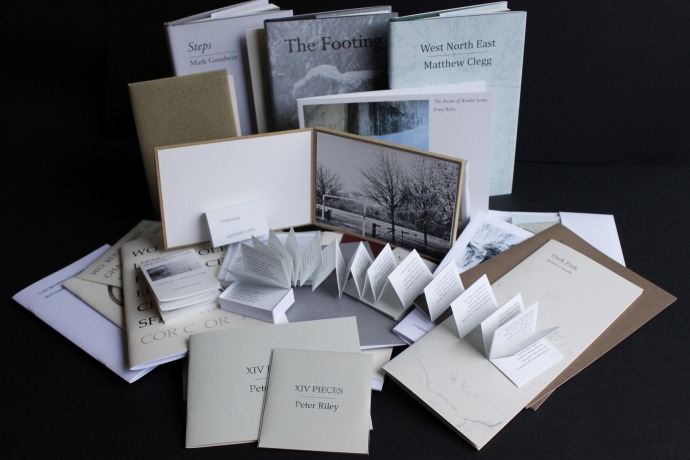
Pub Chats: Longbarrow Press
An Interview with Longbarrow Press
In the latest of our series of feature-length interviews with independent publishers, set in our imaginary poetry theatre pub somewhere in Lambeth, we shared a pint with Brian Lewis of Longbarrow Press… Hello there! What are you drinking? Brian: A pint of Easy Rider (courtesy of Sheffield’s Kelham Island brewery). How long has Longbarrow Press been running? Brian: We launched…
Read More